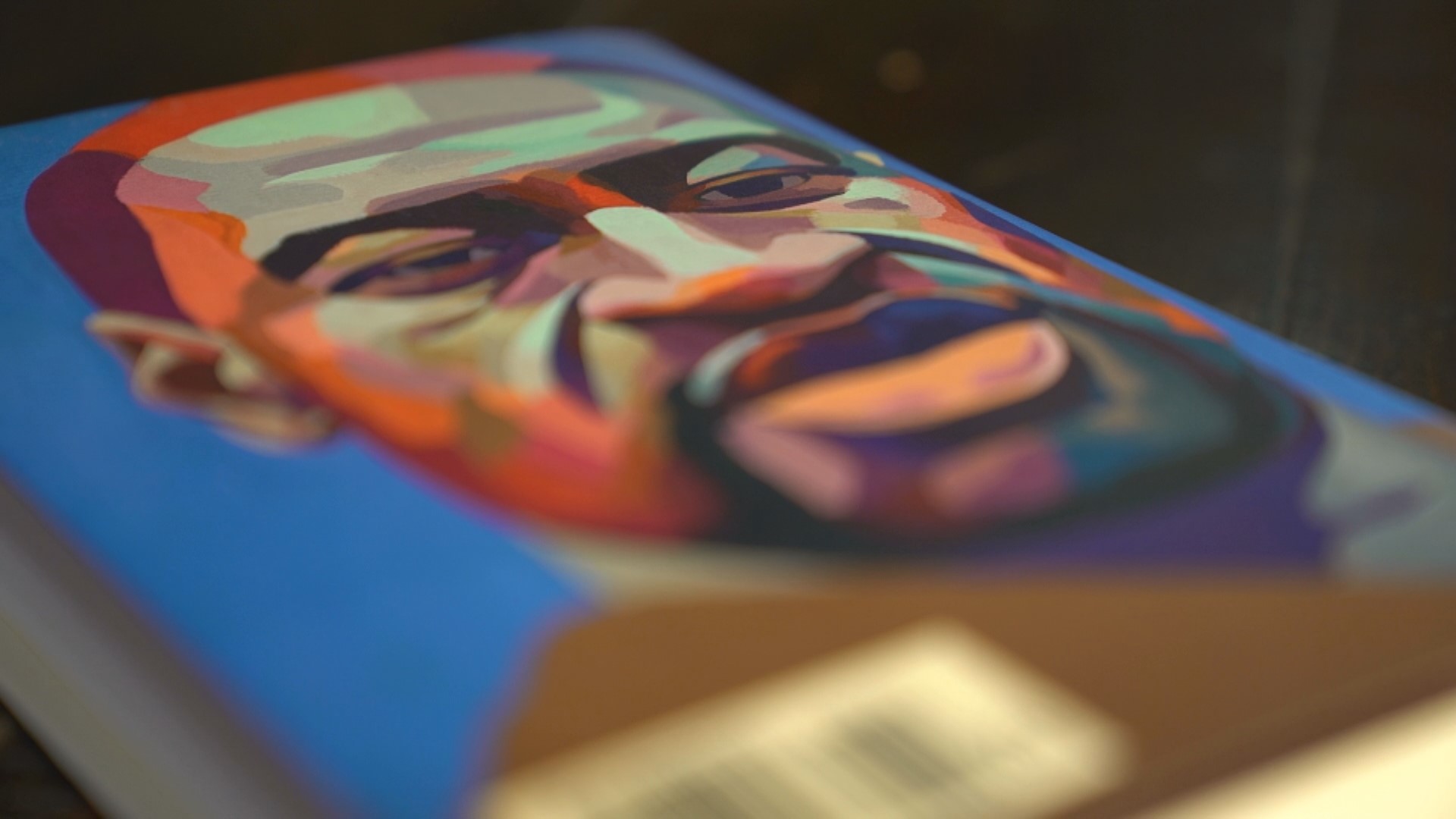MINNEAPOLIS — The murder of George Floyd by former Minneapolis police officer Derek Chauvin sparked outcry worldwide, shining a spotlight on systemic racism and policing.
"We wanted readers to understand that if you are concerned about the racism that revealed itself when Derek Chauvin put his knee on George Floyd's neck, you should also consider the racism that existed long before that happened," said Robert Samuels.
Samuels and Toluse Olorunnipa, both reporters at the Washington Post, decided to shine a light on Floyd's life growing up in Houston's Third Ward.
"We knew that George Floyd had a story that was much more than the 10 minutes of video that many people came to know, and as journalists we wanted to reveal that story," said Olorunnipa.
Their book titled, "His Name is George Floyd: One Man's Life and Struggle for Racial Justice" examines the struggles and determination Floyd carried as a Black man living in America, while tracing Floyd's family roots.
"We decided to go back and talk to his family members, talk to people who grew up with him, teachers and also do ancestry," said Olorunnipa. "It was important for us to bring that level of empathy to tell his story, that didn't mean we shied away from covering his hard moments."
"To take Floyd's story outside of what we've seen, the narrative; why did that become a priority for you both?" asked KARE 11's Charmaine Nero.
"We were hoping that we can show readers, if you look to the past, they have reverberations," said Samuels. "George Floyd was a descendant of someone who was quite wealthy, someone who was born enslaved, but worked really hard after obtaining his freedom, and it was important to show how the loss of the land and how it was stolen, impacted George Floyd decades later," said Olorunnipa.
As the world remembers the impact of Floyd's murder, and the movement that followed, both authors hope the calls for change continue.
"Have things changed?" asked KARE 11's Charmaine Nero.
"The question is not whether things will ever change, there's a feeling that things have to change, that systemic racism has to go away, and the question for readers is, 'Will they join in the process?'" said Samuels.
To find out more about the book, visit the website here.

